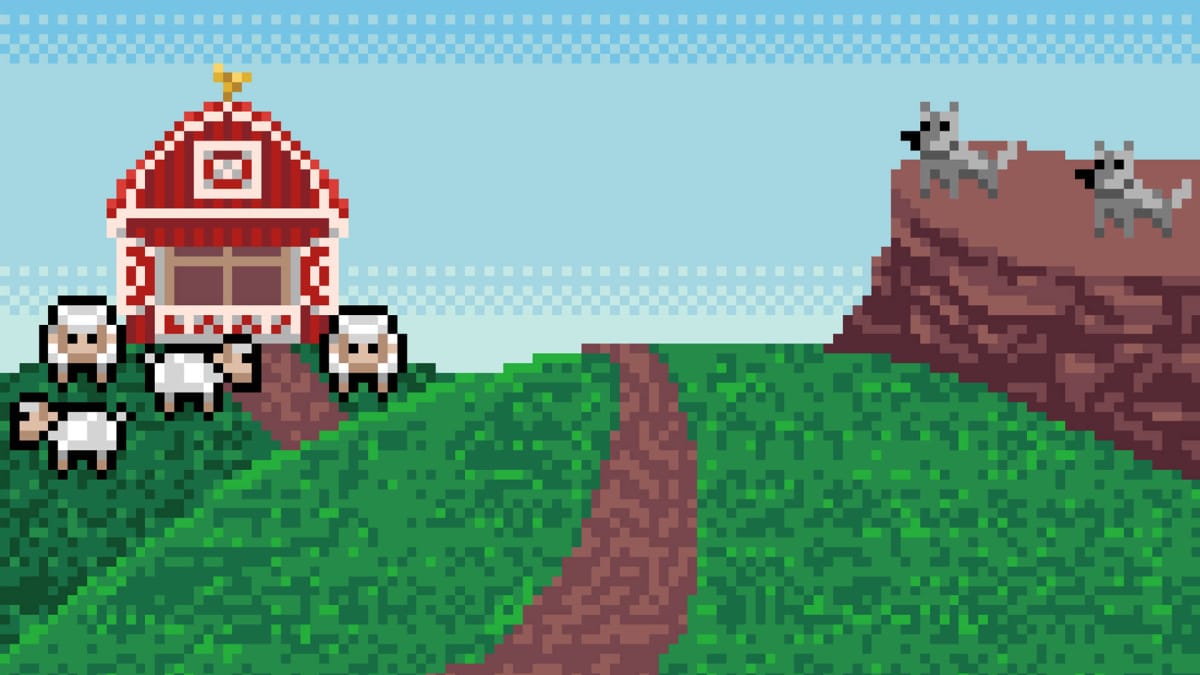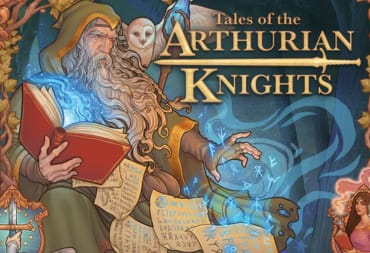The NFT game Wolf Game recently encountered a rather serious problem that raises concerns about blockchain-based game development.
NFTs (Non-Fungible Tokens) are a relatively new tech craze that is getting a little out of hand. Without getting too far into the weeds, these essentially serve as digital certificates of authentication. Companies such as Square Enix, Sega, and Behaviour Interactive have announced their intention to enter into this field.
On the flip side of the coin, IGDA and Bungie have raised concerns about how NFTs will affect game design and the environment. It is that former point -- game design -- that became a problem for Wolf Game, one of the more recent releases in this growing space.

What Happened with the Wolf Game NFT?
Wolf Game, on its face, is a fairly simple NFT game. Players can get either Wolf or Sheep NFTs within the game. Sheep will generate the $WOOL currency and Wolves will attempt to steal $WOOL or even kidnap newborn sheep. (A whitepaper lays out all of the mechanical details if you're interested.) The bigger issue, however, is how the game was designed as highlighted by Dan Olson on Twitter.
"Wolf Game built their entire game into the Ethereum blockchain," read a tweet from Dan Olson (via ResetEra). "A bug was found in some of their code that provided a potential exploit. They cannot patch it and have instead been forced to recreate the entire game from scratch and issue entirely new tokens."
If you're curious about how this could happen, this has to do with the nature of NFTs -- once created, they are essentially unchangeable. If you need to make a change, your only option is to mint a new NFT and render the old one invalid. Doing something like this would arguably reduce part of the appeal of the decentralized nature of NFTs.
The key mistake here was putting the entire code of a game onto the blockchain as Wolf Game did. As any Game Dev 101 student can tell you, it's nigh-impossible to create a bug-free program, especially as its complexity increases. The problem becomes all the more serious when you're involving real-world money and digital currency or tokens that only have value due to the perceived trust in the product. The severity of this issue can best be demonstrated by the fact that Wolf Game had reported sales of $52 million in just five days.
To Wolf Game's credit, the developer publicly disclosed the bug (which could lead to exploits) and announced plans for a third-party audit of the code and the introduction of a bug bounty system. Should another bug be discovered, that could require another round of reissuing NFTs.
For now, the migration of Wolf Game NFTs continues apace while the developer works on shoring up the code. The one key lesson to take away here is this: NFTs can not be altered once minted and it's probably a good idea to keep that in mind when making a game that involves the blockchain.
What do you think of the situation with Wolf Game? Do you think blockchain and NFTs can be useful in gaming? Let us know in the comments below!






